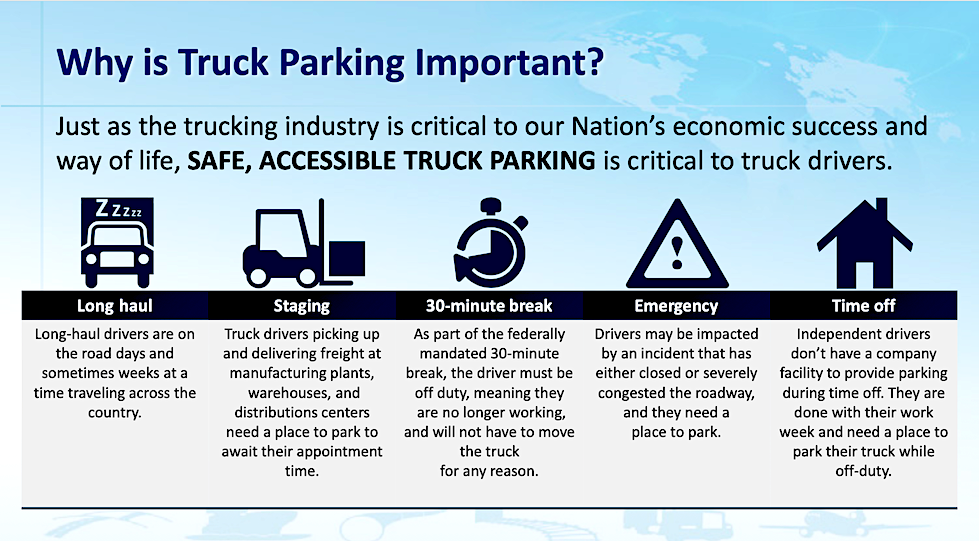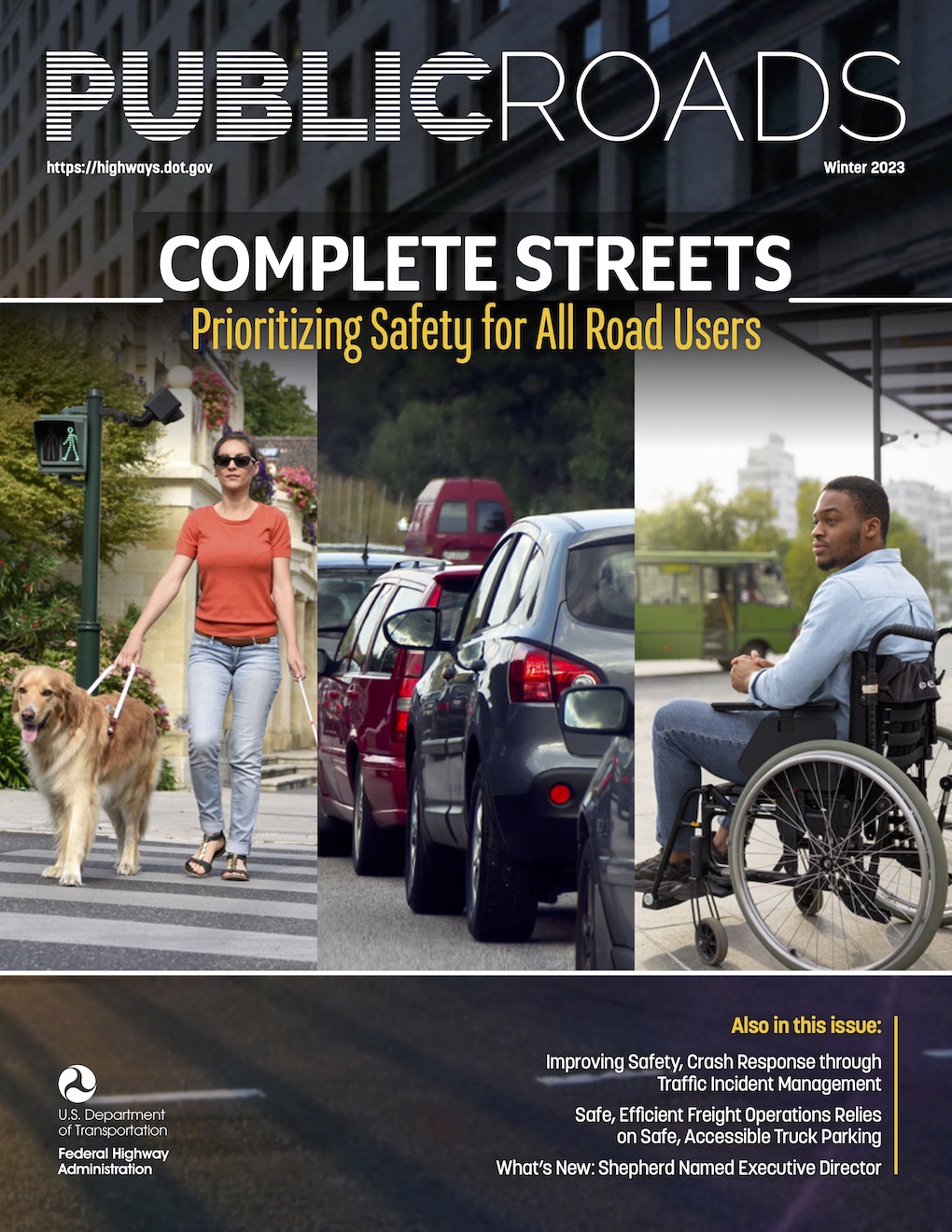The Truck Parking Imperative
The demand for safe truck parking outstrips the supply, posing hazards for truck drivers and the public alike. In a survey conducted by the Federal Highway Association (FHWA), 98% of truck driver respondents acknowledged having problems finding safe parking.
_thumb-0.jpg) And in a state like California, the problem is particularly severe. When it comes to truck parking availability per 100,000 daily truck miles traveled, California ranks near the bottom of the pack.
And in a state like California, the problem is particularly severe. When it comes to truck parking availability per 100,000 daily truck miles traveled, California ranks near the bottom of the pack.
In a U.S. Department of Transportation press release from September 2022, FHWA Acting Administrator Stephanie Pollack highlighted the importance of safe truck parking:
“Drivers need adequate rest to continue to safely operate on the nation’s roadways and continue to play a vital role in the American economy. Without safe parking, drivers are forced to park in unsafe locations, like highway shoulders or freeway ramps, creating a safety hazard for both the driver as well as other motorists. The inability to find safe parking can result in fatigued drivers and unsafe driving conditions, loss of productivity and income, increased congestion, and higher costs for businesses and consumers.”
Truck drivers who park in unprotected areas are also more likely to become victims of violent crime.

Since the enactment of Jason’s Law back in 2012, many states and communities have come to better understand the public benefits of truck parking. Truck parking shortages are a national concern that affects the safety of commercial motor vehicle drivers, other roadway users, and the overall efficiency of U.S. supply chains.
Just as the trucking industry is critical to our nation’s economic success and way of life, safe accessible parking is critical to the people who drive trucks, the traveling public, and the broader community. To better understand this issue, FHWA published the Truck Parking Development Handbook to help communities integrate the truck parking needed to support local industry and commerce that is sited and designed to be compatible with local community development.
FHWA also offers a list of program funding to help states, municipalities, and other local agencies address safe truck parking issues.
The complete article "THE PARKING IMPERATIVE: A Safe and Healthy Supply Chain Rests with Truck Parking" as published in Public Roads magazine can be found here.
Jason’s Law
Section 1401 of MAP-21 (PL 112-141), also known as "Jason's Law", was established to provide a "national priority on addressing the shortage of long-term parking for commercial motor vehicles on the National Highway System to improve the safety of motorized and non-motorized users and for commercial motor vehicle operators."
Jason's Law helps advance a more comprehensive set of programs, efforts, and research to improve truck parking and provide states and MPOs with resources to identify parking needs and to encourage improvements and investments.
Jason's Law was named after Jason Rivenburg, a 14-year truck driving veteran who lost his life over $7 in change while sleeping overnight in his cab at a South Carolina truck stop.

Public Roads Magazine
Established in 1918, Public Roads is FHWA's premier quarterly magazine, with each issue covering the latest in highway research and development, innovation and technology, and program advancements that benefit the nation and create safer, more resilient roadways and structures.
Secretary Pete Buttigieg
“I’ve heard from countless truckers across the country about how the shortage of truck parking costs them time and money—not to mention making our roads less safe and weakening our supply chains.”

